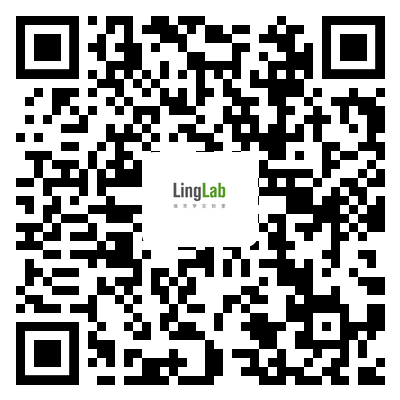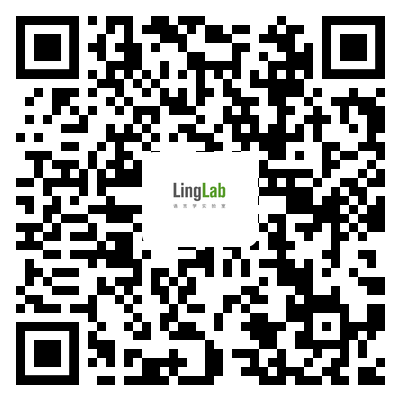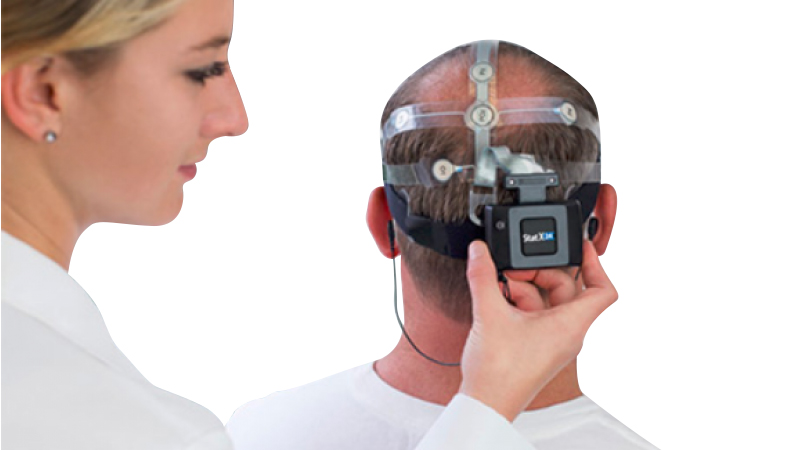话语实践是社会实践的重要组成部分。当今世界格局和社会生活的大变革对话语研究提出了许多新问题。为推动话语研究的进一步发展,增进中外学术交流,特以“话语与社会变迁”为主题举办2020年话语研究前沿国际会议。会议由上海交通大学外国语学院主办,由上海交通大学中国形象研究中心承办,中国英汉语比较研究会话语研究专业委员会提供学术支持。由于受新冠疫情影响,本届会议将改为线上举办,免收会务费。会议特邀国内外知名专家做大会主旨发言,为学者提供研讨交流的机会。
特邀主旨发言人(按姓氏拼音排序):
·Monika Bednarek (The University of Sydney, Australia)
SSCI期刊Functions of Language联合主编
· Richard Fitzgerald (University of Macau, China)
SSCI期刊Discourse, Context & Media主编
· Michal Krzyzanowski (Uppsala University, Sweden)
SSCI期刊Journal of Language and Politics主编
· Srikant Sarangi (Aalborg University, Denmark)
SSCI期刊Text & Talk主编
· 田海龙教授(天津外国语大学)
《话语研究论丛》主编、《天津外国语大学学报》常务副主编
· 王振华教授(上海交通大学)
上海交通大学马丁适用语言学研究中心创建人、外国语言文学博士后流动站站长
会议时间:
2020年10月24日
上午:8:45-12:00
下午:14:00-17:10
组织方式:
线下(仅限校内人员)+ 线上直播
线上Zoom会议信息:
会议号625 0590 9081,密码229585
Bilibili直播间:http://live.bilibili.com/22429780
会务组联系方式:
电子邮箱:
DISCOURSES_SJTU@163.COM (郇昌鹏、徐洁)
会议日程
专家主旨发言摘要
A Cursory History of Discourse Studies and the Potential (In)Commensurability of Discourse Expertise and Professional ExpertiseAalborg University, Denmark
This presentation comprises two parts. In the first part, I offer a cursory overview of the different and overlapping trajectories of discourse studies, focusing in particular on the interdisciplinary influences underpinned by epistemological and ontological tensions. In the second part, I delineate the contours of one specific tradition of discourse studies – professional discourse studies – and engage with the potential (in)commensurability of what can be labelled ‘discourse expertise’ and ‘professional expertise’ as the latter is routinely perceived as being manifest discursively – via talk, text and other modalities. Following from this assumption, I explore the extent to which one can calibrate in measurable ways the novice-expert professional continuum vis-à-vis layered discourse expertise. More generically, how does knowledge-based expertise (know-that) map onto the representations and articulations of such knowledge/expertise (know-how), inclusive of ‘intuitive expertise’? Here I conceptualise discourse as not merely the mechanics through which communication is channelled but also as the means through which knowledge/expertise is indexed in communicative action. I extend my discussion to consider the positioning of the outsider discourse analyst and his/her knowledge/expertise in interpreting talk, text and other modalities as expert systems in the intersectional sphere of institutional and professional orders. I use illustrative exemplars from a range of healthcare settings to highlight the need for collaborative research involving (professional) discourse analysts and (professional) discourse practitioners through a shared (meta)language.
Challenges and Opportunities for Discourse Analysis University of Macau, ChinaDiscourse Analysis continues to grow in popularity as a form of research, expanding in scope as new forms of communication and new forms of data proliferate. However, while the expansion of communication mediums and data forms have impacted society and transformed research foci over the past 30 years, the methodologies underpinning much of discourse analysis remain largely the same. Many of these methods were developed at a time when tape recording was in its infancy and media channels were mainly TV, Radio and Print. In this past, the new approaches under the heading of (Critical) Discourse Analysis were able to take advantage of the technological possibilities to rapidly situated itself as a powerful form of analysis. However, while emergent forms of communication and distributed discursive formations continue to be vital topics of discourse analysis as they shape and reshape communication the methods of analysis continue to be largely dominated by legacy methodologies. Many of these methodological approaches remain largely unexamined as to their suitability for contemporary forms of data and modes of communication. Has then the original radical innovation of (C)DA as an analytic attitude rather than a worked-out method to be applied become a reified method to apply to some data, and has the value of tape recording as simply a way of capturing data at the time come to dominate and constrain CA analysis. In this presentation I raise these questions before presenting some research on Chinese social media as a way to remind ourselves as discourse analysts and translation scholars that the phenomena should always be at the center of any analysis and that the methods of analysis should be emergent from the phenomena.Corpus-based discourse analysis of newsworthiness
The University of Sydney, Australia
Bednarek & Caple (2017) have developed a new framework for discourse analysis that aims to show how linguists can systematically investigate ‘newsworthiness’. Newsworthiness concerns the worth of an event to be reported as news, as established via a set of established news values (such as Timeliness, Negativity, Proximity, Eliteness, Unexpectedness, etc). Discursive news values analysis (DNVA) examines how this ‘worth’ – and these news values – are constructed through semiotic resources and practices. In this talk I will provide an introduction to DNVA, focussing in particular on some of the challenges faced when undertaking linguistic analysis of newsworthiness. I will also touch upon the lessons learned from case studies using corpus-based discourse analysis, and briefly discuss issues that arise when undertaking cross-linguistic/cross-cultural DNVA research (Caple, Huan & Bednarek 2020).
A Proposal for Exploring Discursive Interactions
Tianjin Foreign Studies University, China
I will begin in this talk with the concept of “interaction”, reviewing such relevant concepts as “symbolic interaction” (Blumer 1969) and “speech interaction” (Gumperz 1982/2009). I will show that these two terms share an advantage that can brings us to a better understanding of the dynamics of social interaction. However, I will also argue that there is a gap implied in these terms (including the term social interaction) that needs to be filled up by considering an integration of society on the one side and language use on the other. To this end I will use a joint term “discursive interaction” and propose an analytical framework, by which I try to unpack the multi-layered, trans-field, over-historical interactions that heavily rely on the discursive strategies of social agents. I will illustrate this framework by discussing a case study that examines how discourses interact historically and how this interaction brings social effects.
摘 要: 高危话语往往导致极端活动。研究高危话语的特征有利于预防极端活动的发生。本文在评价系统框架下结合心理学对情感的研究,从情感态度出发,依据评价理论的心理现实性,提出了言语行为—情感—身体行为互动模型。我们认为,评价理论应用于高危话语以及预警极端活动,是以模型中的言语行为为出发点,揭示言语所传达的情感态度,由此预测可能发生的身体行为,从而对危害性社会行为进行预警监控。本文在案例分析讨论的基础上,提出了高危话语的评价特征,提供了应对极端活动的措施。Multilevel Critique and Discursive Shifts: Responding to Right-Wing Populism with New Concepts in Critical Discourse Studies
Uppsala University, Sweden
As part of an ongoing reflection on theoretical and analytical concepts in Critical Discourse Studies (CDS; see Krzyżanowski 2016; Krzyżanowski & Forchtner 2016), my plenary lecture will depart from highlighting the notion of ‘critique’ as proposed in, in particular, the CDS’ Discourse-Historical tradition (Krzyżanowski 2010, Wodak & Krzyżanowski 2008). I will argue that, in the context of growing global salience of right-wing populism and of the related, accelerating complexity and dynamism of national and transnational political discourses, there exists a need to rethink how critique is conceived of and operationalised in CDS studies of public and political language. I will specifically propose to view critique as not only aligned with the discursive linearity of discourse and of critical-analytic research process more widely (Wodak 2001) but also attempt to relate it to the multilevel and complex character of contemporary public discourse as the object of discourse research. While doing the latter, I will especially highlight the notion of discursive shifts (Krzyżanowski 2013a, 2018a, 2020a) which allows relating micro- and mezzo-level discourse dynamics to the wider facets of macro-level, transnational discursive change (Fairclough 1992). Specifically, the notion enables capturing how the dynamics of micro- and mezzo-level discourses points to their ongoing – and by now often uncontested – adjustment to the populist ways of acting and interacting in the field of politics and beyond. I will hence argue that undertaking multi-level as well as not only linear/discursive but also, or perhaps predominantly, recursive/retroactive critique along various stages/steps inherent in discursive shifts allows uncovering their often concealed and strategically de-agentified trajectory (Krzyżanowski 2018 a,b; 2019; 2020a). It enables discourse analysts to deconstruct the ways in which discursive shifts strategically facilitate normalisation of right-wing populism (Krzyżanowski 2020b) via its by now widespread discourse and politics of exclusion.
主办单位:上海交通大学外国语学院
承办单位:上海交通大学中国形象研究中心
学术支持:中国英汉语比较研究会话语研究专业委员会











